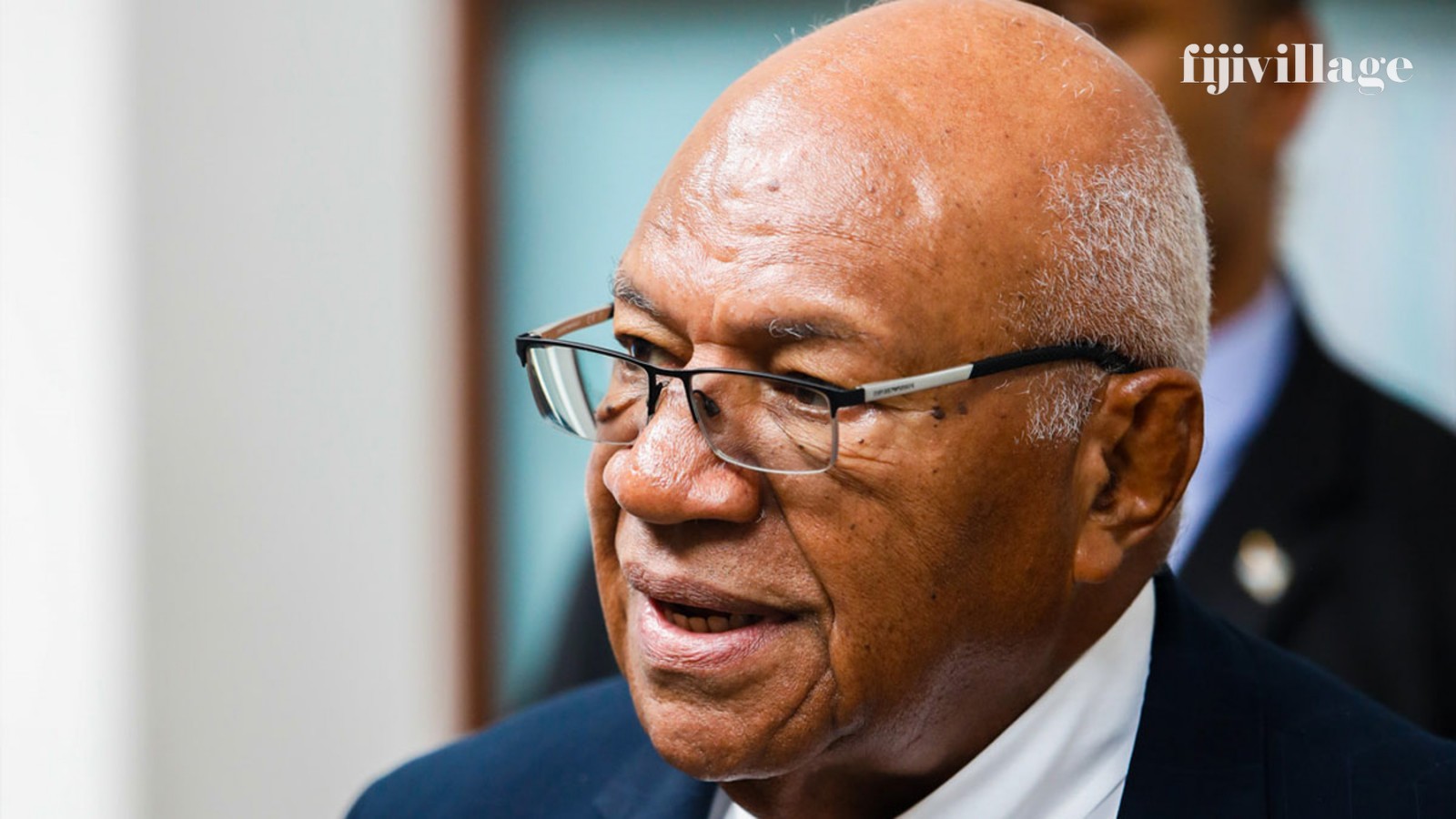
Prime Minister, Sitiveni Rabuka says the provisions of the Constitution that allowed Mahendra Chaudhry to stand for elections under Section 56(2)(g) are similar to that which allows Ratu Naiqama Lalabalavu to be nominated for President under 83(1)(e).
That is Rabuka’s reply to fijivillage News regarding concerns raised by Chaudhry about the People’s Alliance decision to nominate Ratu Naiqama as the next President.
Section 56(2)(g) of the 2013 Constitution states that a person may be a candidate for election to Parliament only if the person has not, at any time during the 8 years immediately before being nominated, been convicted of any offence under any law for which the maximum penalty is a term of imprisonment of 12 months or more.
Section 83 (1)(e) states a person shall not be qualified to be nominated for the office of the President unless he or she has not, at any time during the 6 years immediately before being nominated, been convicted of any offence under any law.
Chaudhry had said a person with Ratu Naiqama Lalabalavu’s record cannot be accepted as the country’s President, and Rabuka has come under strong criticism for what looks like blatant bias in appointing people from his own province of Cakaudrove to positions of high authority.
He says the Office of President must be held by a person of unquestionable integrity, widely acceptable to all communities.
Chaudhry says the President must be seen as a symbol of unity.
He says Rabuka’s nominee for President meets none of this criteria.
Chaudhry says Ratu Naiqama Lalabalavu has a questionable political record, he is a known ethno-nationalist who was seen closely collaborating with the George Speight group and engaging in treasonable activities in 2000, he was convicted for participating in an “unlawful assembly” at the Sukanaivalu Barracks at the height of the 2000 coup and on 4th April 2005 was sentenced to 8 months imprisonment.
Questions are still being raised on why the dramatic twist of events as President Ratu Wiliame Katonivere had confirmed to many people that he was up for re-election for another 3 years.
Rabuka had maintained that he would back Ratu Wiliame, and was ready to nominate Ratu Wiliame’s name in early October.
However he revealed later that there was some discomfort on some of the nominees for the country’s President, and that is why he withdrew his nominee for the election of the President that morning.
Rabuka confirmed that the issue of the discomfort on some of the nominees was brought to his attention by the Speaker of Parliament, Ratu Naiqama Lalabalavu before the sitting so the Prime Minister asked if he could withdraw the nomination.
Under the Constitution, the Speaker has no powers to question a nomination.
Section 84(2) states that whenever a vacancy arises in the office of the President, the Prime Minister and the Leader of the Opposition shall nominate one name each to the Speaker who shall put both the names to the floor of Parliament for voting by the members of Parliament.
The person who receives the support of the majority of the members of Parliament present shall be appointed as the President, and the Speaker shall publicly announce the name of the President.
We have sent further questions to Rabuka. He is yet to respond.
The election of the President will take place in parliament next Thursday.
Stay tuned for the latest news on our radio stations

